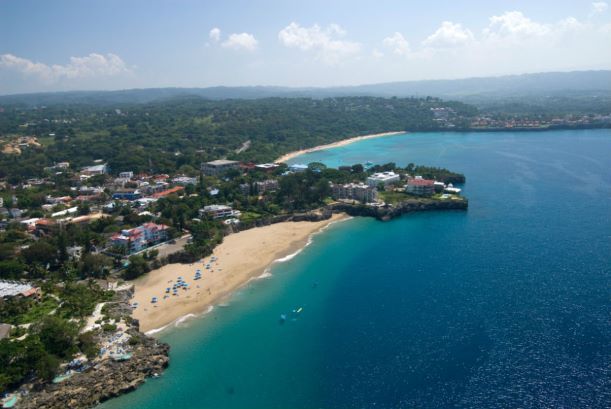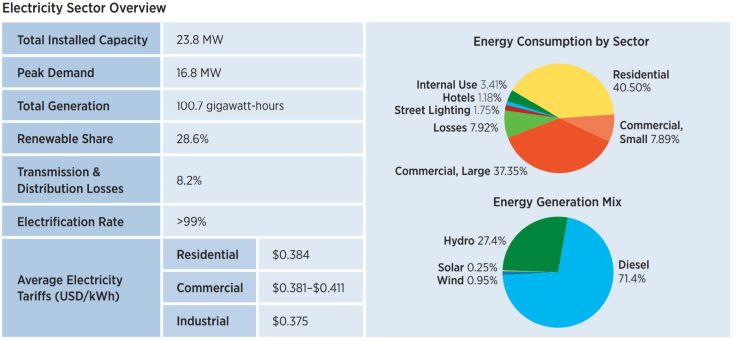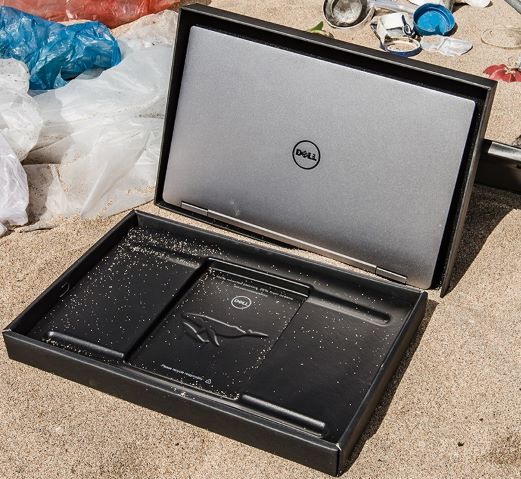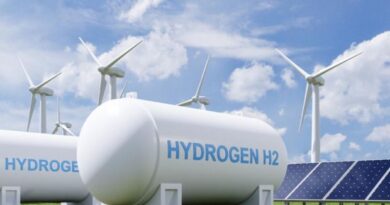World Bank Approves $27 M Investment for Dominican Geothermal Plant

The Republic of Dominica has a small power system that relies heavily on diesel to produce electricity. The average price of electricity on the island is amongst the highest in the world, around $0.33 cents/kWh according to the World Bank data and customers in the island country are regulary exposed to the volatility of international oil prices.
Geothermal is more cost-efficient, climate resilient and greener. After the island was hit by Hurricane Maria, around 75 percent of the power network was damaged, leaving the whole island with no electricity. In response the Dominican government adopted the National Resilient Development Strategy, which sets Dominica’s vision to become “the first climate-resilient country in the world”. Diversifying the energy mix is a key element of this strategy.

“This is an extraordinary opportunity for Dominica to reach its energy and climate goals by investing in geothermal, and to build a greener and more resilient future. The country has huge potential to provide reliable, low-cost renewable and high-quality energy in support of climate resilient growth,” said Tahseen Sayed, World Bank Country Director for the Caribbean.
The Geothermal Risk Mitigation Project is expected to lower electricity costs in the country and increase the share of renewable energy in the country’s energy mix from the current 25% to over 51%, also thereby reducing greenhouse gas (GHG) emissions by 38,223 tons of CO2 per year. It will also assess the potential to export homegrown geothermal energy to its neighbors.
The project will be implemented by the Dominica Geothermal Development Company and is financed by a $17.2 million credit from the International Development Association (IDA), $9.95 million from the Clean Technology Fund (CTF), as well as grants from the UK’s Department for International Development – $10 million from DFID and $2 million the Small Island Developing States DOCK Initiative – and technical assistance from the Government of New Zeland and the Agence Française de Développement.
Picture credit:visitdominicanrepublic.org






